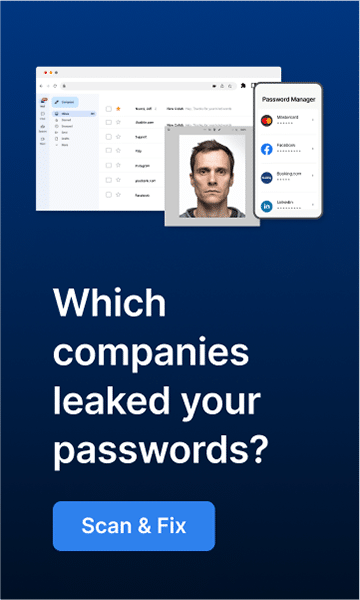If you’re using a website builder to create your website, it’s important to make sure that your site is safe and secure. There are many different ways that you can protect your site, and in this blog post, we will discuss 10 of the most important ones. These tips will help keep your site safe from hackers and other online threats. So if you want to keep your data and your customer’s data safe, make sure to follow these tips!
Tip #1: Use SSL/HTTPS Encryption
SSL (Secure Sockets Layer) and TLS (Transport Layer Security) are two protocols that encrypt data as it is being transmitted. This encryption makes it much more difficult for hackers to intercept and read data, making your site much more secure. Many website builders offer SSL/HTTPS encryption as an option, so make sure to enable this feature if possible.
Tip #2: Keep Your Software Up-To-Date
One of the most important things you can do to keep your site safe is to keep your software up-to-date. This includes both the server software that your site is hosted on as well as any applications or plugins that you may be using. Hackers are constantly finding new ways to exploit outdated software, so it’s important to stay ahead of the curve.
Tip #3: Use a Web Application Firewall
A web application firewall (WAF) is a type of security software that filters traffic to and from your website. It can block certain types of attacks, such as SQL injection and cross-site scripting (XSS). Many website builders offer WAF protection as an option, so be sure to enable this feature if available.
Tip #4: Use Two-Factor Authentication
Two-factor authentication (also known as two-step verification) adds an extra layer of security to your account. With two-factor authentication enabled, you will be required to enter a code that is sent to your phone or email in addition to your password when logging in. This makes it much more difficult for hackers to gain access to your account, even if they have your password. Many website builders offer two-factor authentication as an option, so be sure to enable this feature if available.
Tip #5: Strong passwords
Use strong passwords and never reuse them across different accounts. Hackers can easily crack weak passwords, so it’s important to use strong, unique passwords for each of your online accounts. You can use a password manager to help generate and keep track of strong passwords.
Tip #6: Don’t Use Public Wi-Fi
Never connect to your website builder account or enter sensitive information (such as credit card numbers) while using public Wi-Fi. Hackers can easily set up fake Wi-Fi networks and intercept data as it is being transmitted. If you need to use public Wi-Fi, be sure to use a VPN (virtual private network) to encrypt your data.
Tip #7: Backup Your Site Regularly
Be sure to backup your site regularly in case something happens and you need to restore it. Many website builders offer automatic backups, so be sure to enable this feature if available.
Tip #8: Keep Your Personal Information Private
Never share your account login information with anyone. If someone needs access to your account, they can create their own login. Also, be sure to keep your personal information (such as home address and phone number) private. Many website builders have privacy settings that you can use to control who has access to your personal information.
Tip #9: Monitor Your Site for Suspicious Activity
Be sure to monitor your site for any suspicious activity, such as strange messages or comments, unexpected changes to content or design, etc. If you see anything that doesn’t look right, be sure to contact your website builder’s support team immediately.
Tip #10: Review Permissions Regularly
It’s important to review the permissions for your website builder account on a regular basis. This includes both user permissions (such as who has access to your account) and file permissions (such as which files can be accessed or modified). If you see anything that looks suspicious, be sure to contact your website builder’s support team immediately.
By following these tips, you can help to keep your website builder account safe and secure. Remember, the best defense against hackers is always a good offense! Stay vigilant and take steps to proactively protect your site and your data.

